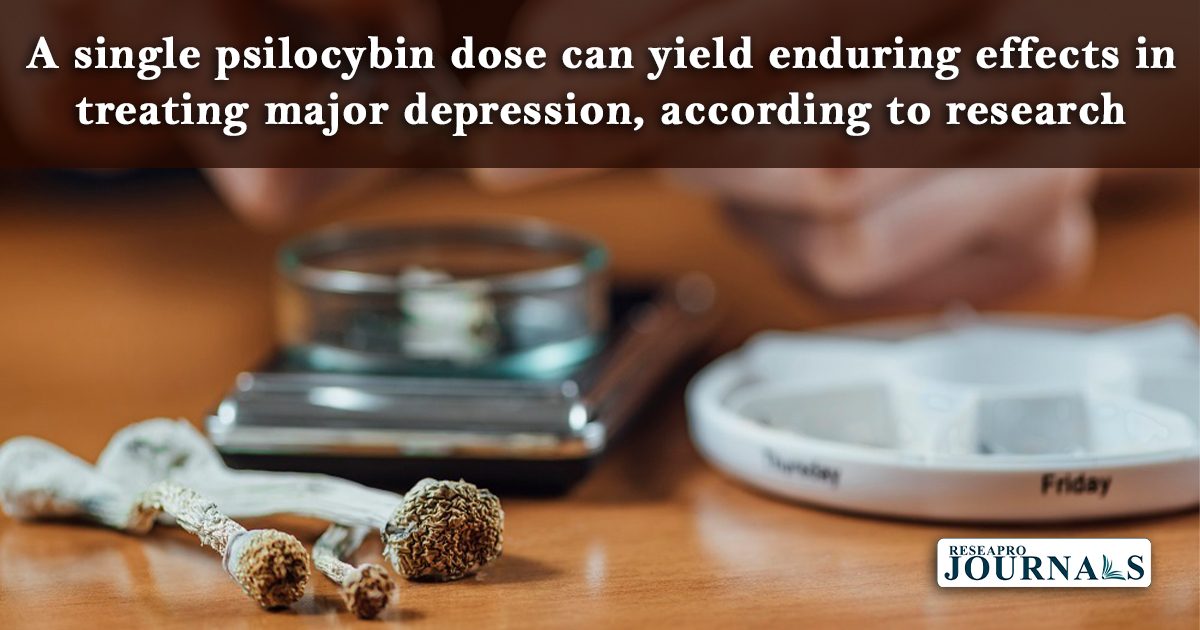|
Getting your Trinity Audio player ready...
|
In a phase 2 double-blind trial, psilocybin, a synthetic compound found in psychedelic mushrooms, was investigated for its potential in treating treatment-resistant depression. Adults with this condition were randomly assigned to receive a single dose of psilocybin at 25 mg, 10 mg, or a 1 mg control, alongside psychological support. The study found that the 25 mg dose significantly reduced depression scores over three weeks compared to the 1 mg dose. However, it was associated with adverse effects, including headaches, nausea, and dizziness. Further research, including larger and longer trials comparing psilocybin with existing treatments, is needed to assess its efficacy and safety for treatment-resistant depression.




